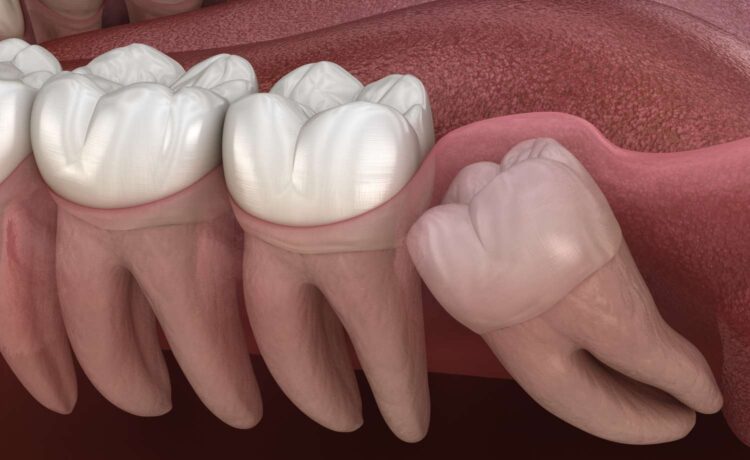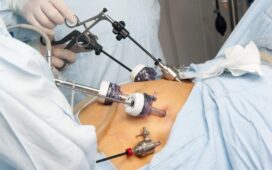Wisdom teeth, also known as third molars, are the final teeth to emerge in the mouth, usually between the ages of 17 and 25. While some people may not have difficulties with their wisdom teeth, others may develop complications like impaction, overcrowding, infection, or needing extraction. Consult a dentist today and get dental care for your family in Burlington, ON.
Reasons for wisdom teeth removal
Several circumstances may warrant wisdom tooth extraction. Impaction happens when there is inadequate room for the wisdom teeth to emerge correctly, leading them to become lodged in the jawbone or gums. This can cause discomfort, swelling, and trouble cleaning the teeth, which raises the risk of infection.
Overcrowding occurs when wisdom teeth emerge and push on other teeth, resulting in misalignment and possible biting difficulties. Furthermore, partly erupted wisdom teeth can trap food debris, providing a breeding ground for germs and increasing the risk of gum disease.
Wisdom teeth can develop at an angle in rare circumstances, harming adjacent nerves or causing damage to neighboring teeth. Furthermore, wisdom teeth that are severely decayed or creating cysts may necessitate extraction to avoid future issues.
The extraction procedure
An oral surgeon often performs wisdom tooth removal as an outpatient procedure. The type of anesthetic utilized is determined by the patient’s specific needs and preferences. A local anesthetic numbs the region surrounding the teeth, and IV sedation causes calm and alleviates anxiety. During the surgery, the patient is completely asleep due to the general anesthetic.
After the patient is sedated, the surgeon makes an incision in the gum tissue to reveal the wisdom tooth. To make extraction easier, bone tissue around the tooth may need to be removed. Depending on the tooth’s location and angulation, the surgeon may split it into smaller pieces to facilitate removal. Sutures are then used to seal the wound and aid healing.
What to expect after extraction
Swelling, inflammation, and discomfort are normal reactions following wisdom tooth removal. Typically, the surgeon will prescribe pain medication to alleviate discomfort. Ice compresses on the cheek can also help minimize swelling. Soft meals and plenty of water are advised during the early recovery period.
To avoid infection, proper oral hygiene is essential following extractions. Rinsing the mouth with warm salt water and brushing the teeth thoroughly is vital. The surgeon will provide you with specific post-operative care recommendations, such as when you may begin regular brushing and flossing.
Healing normally takes approximately two weeks, but total recovery might take many months. To guarantee maximum recovery and reduce the risk of problems, avoid vigorous activity and follow the surgeon’s advice.













